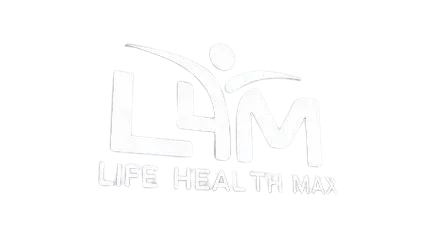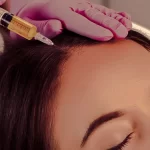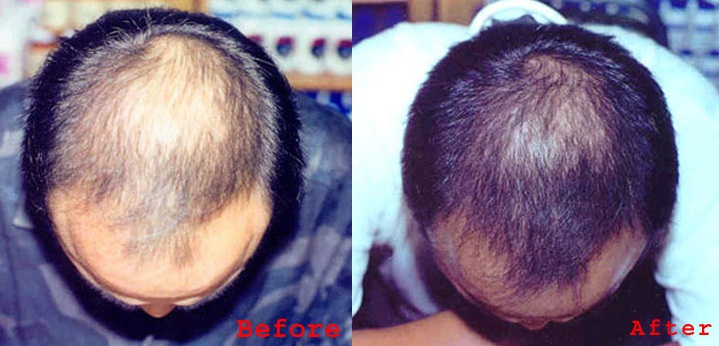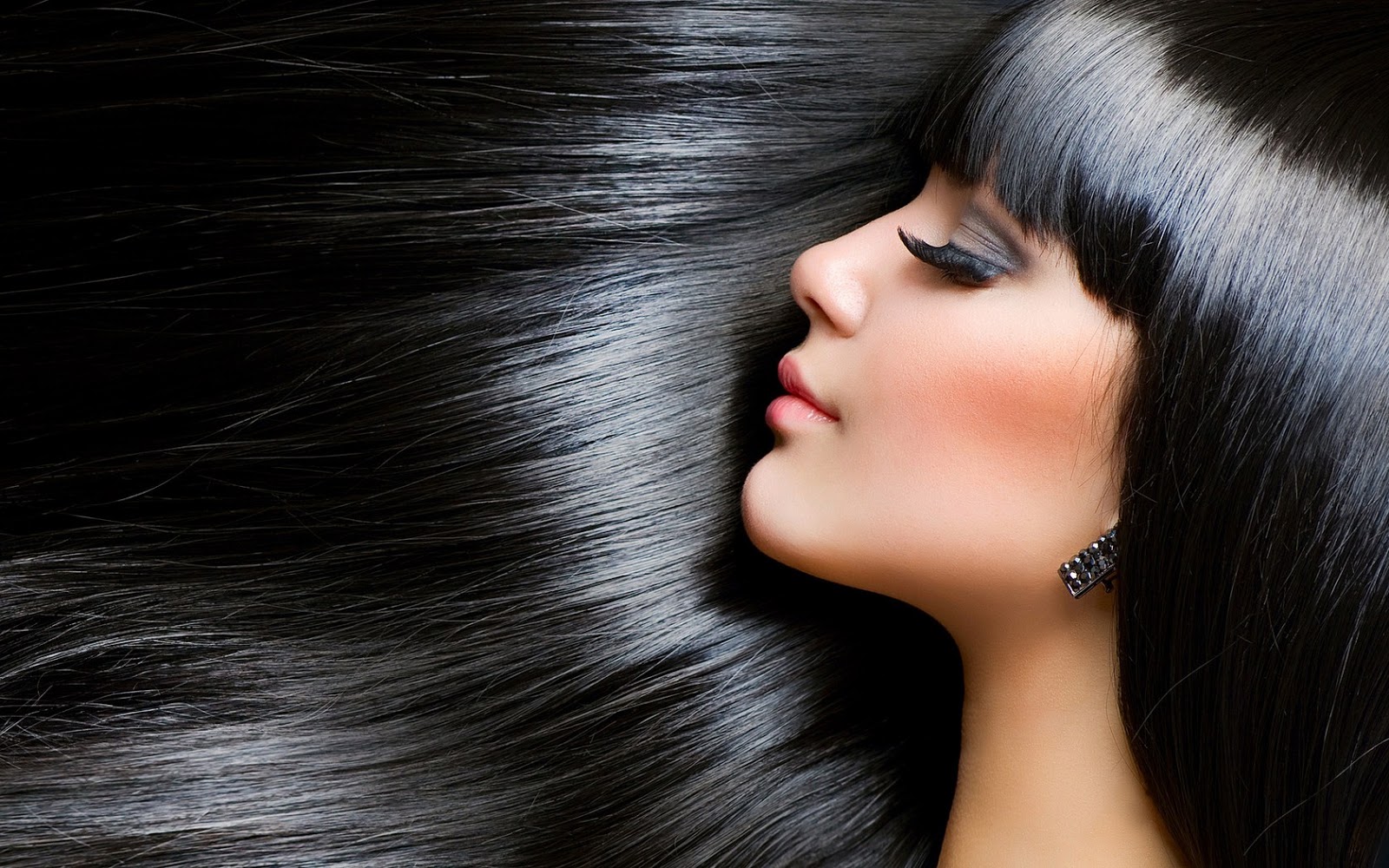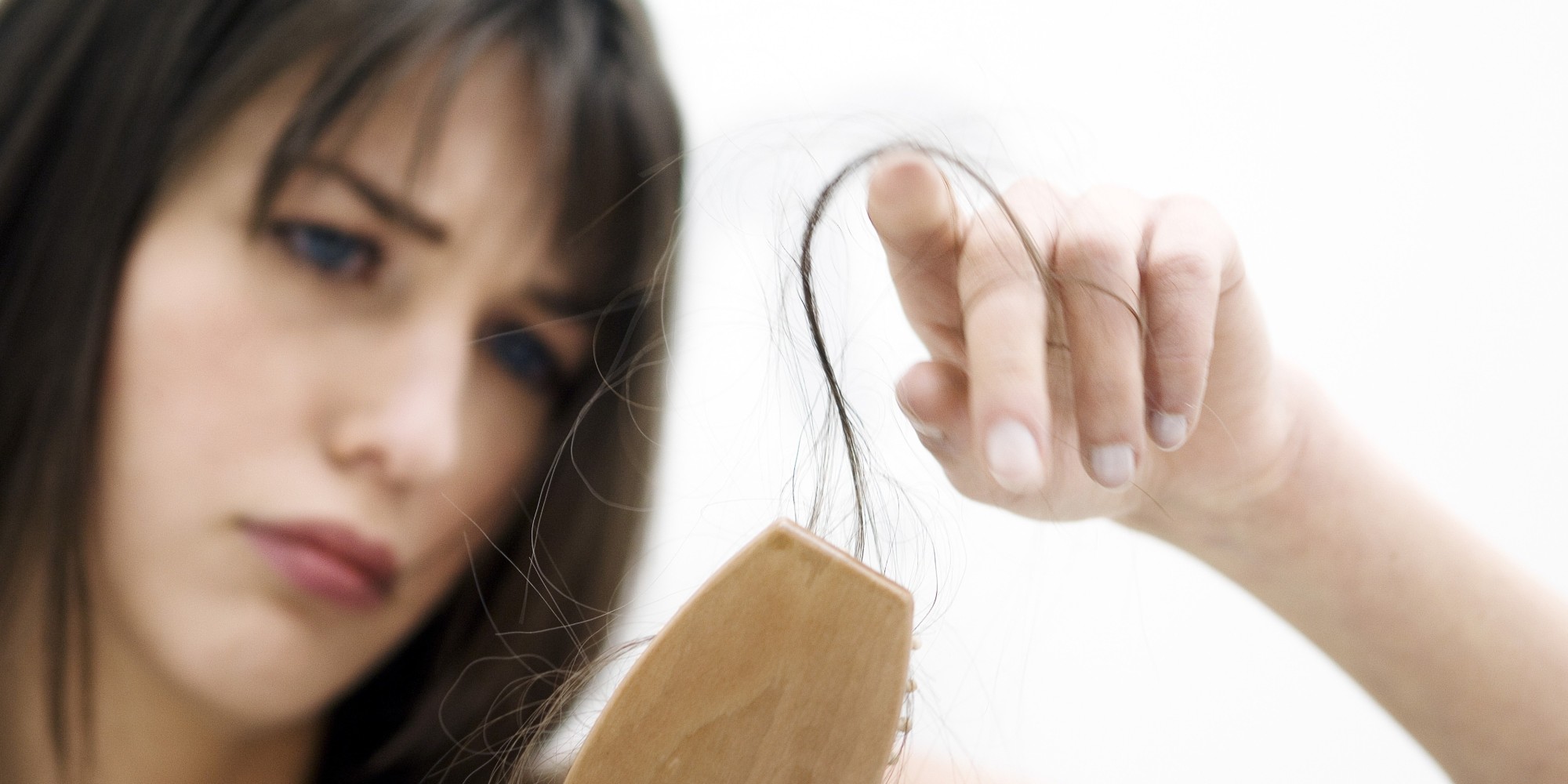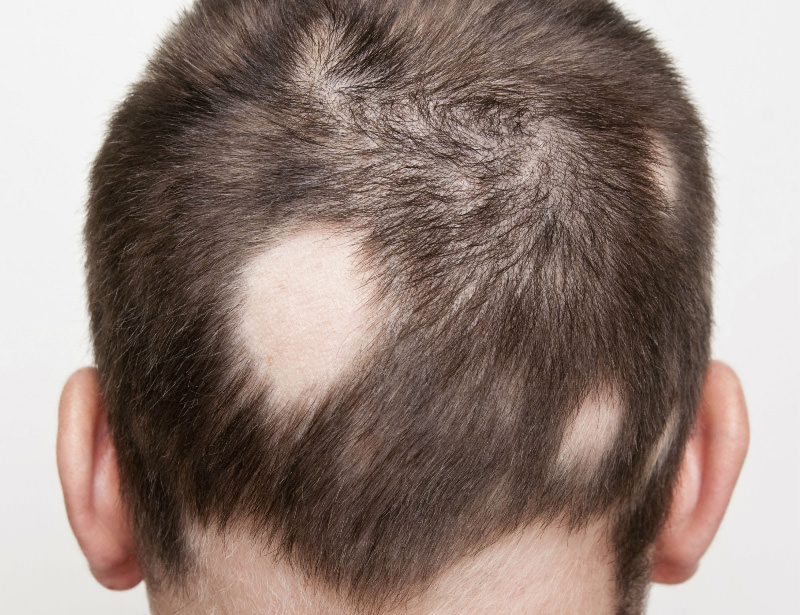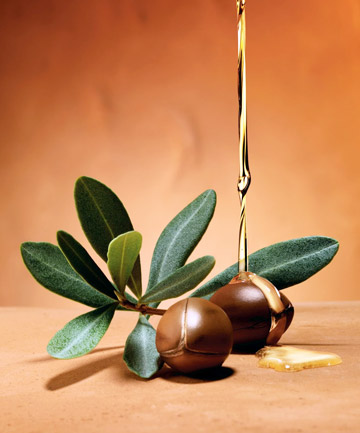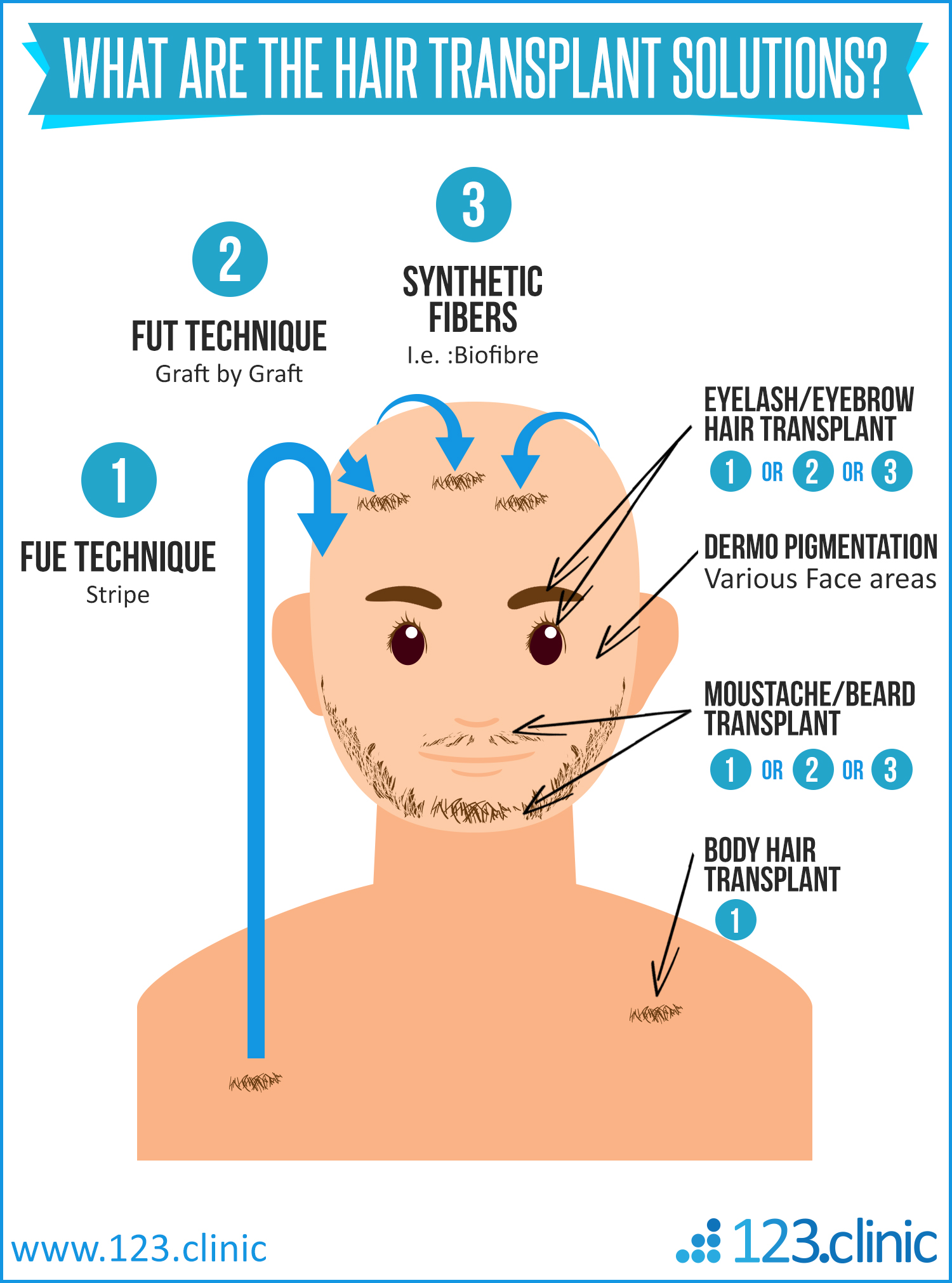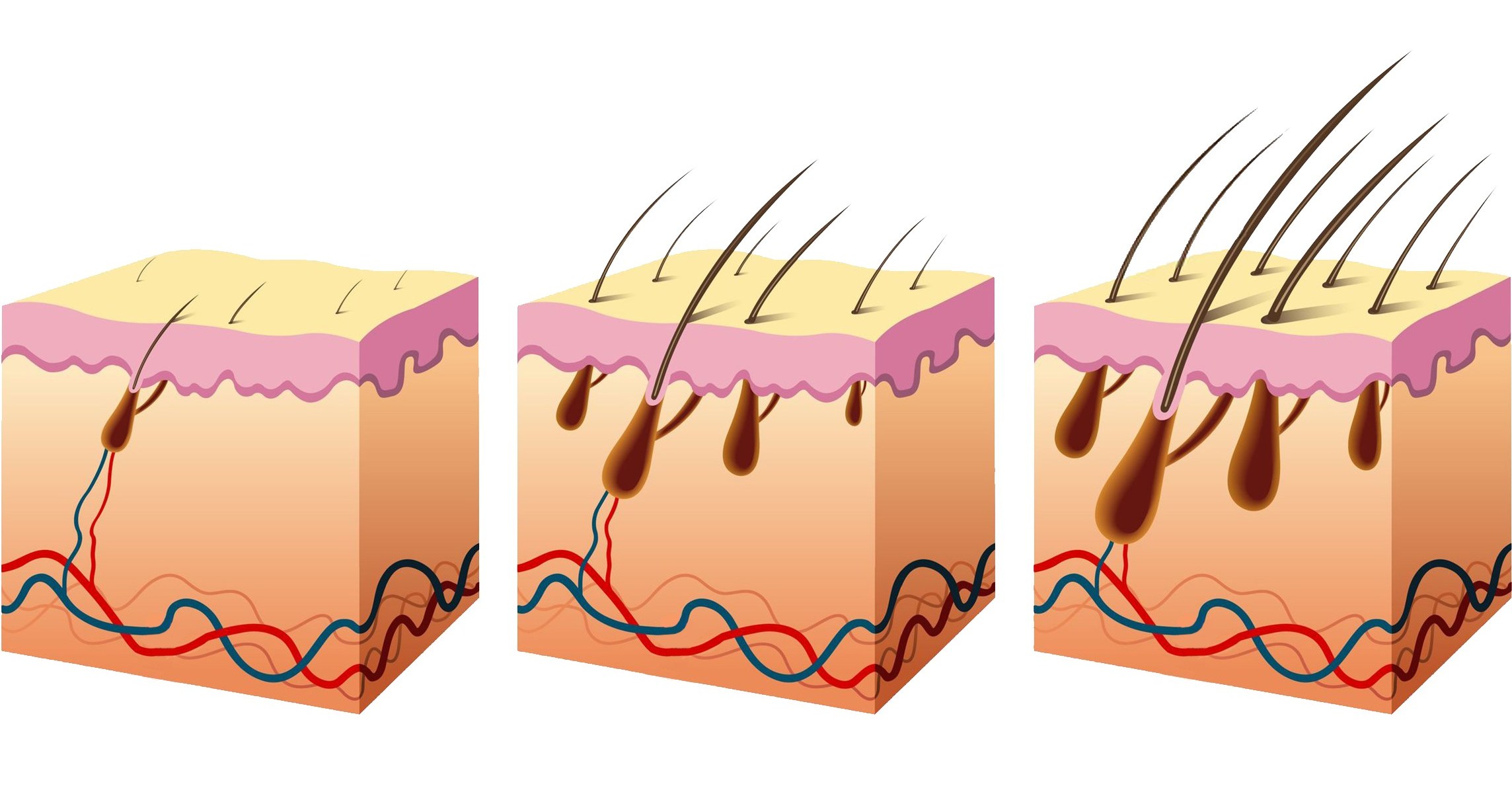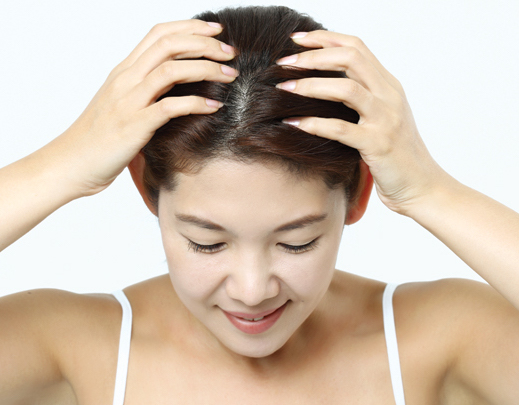Protein treatments are essential for repairing damaged hair, promoting growth, and enhancing shine. By replenishing lost proteins like keratin, these treatments restore hair strength and vitality, making them indispensable in modern hair care routines.

Contents
Understanding Hair Structure and the Role of Protein
Hair is primarily composed of keratin, a fibrous protein that provides strength and elasticity. Factors such as heat styling, chemical treatments, and environmental stressors can deplete keratin levels, leading to brittle and lifeless hair. Reintroducing protein through targeted treatments helps rebuild the hair’s structure, restoring its health and resilience.
Benefits of Protein Treatments
1. Repairing Damaged Hair
Protein treatments mend the hair shaft by filling in gaps caused by damage, effectively reducing split ends and breakage. Products like the Anbrozi Professional Protein Reconstructive Hair Mask are formulated to restore and strengthen damaged strands by replenishing lost proteins, including keratin.
2. Enhancing Hair Growth
By fortifying the hair structure, protein treatments create a healthier environment for hair growth. Ingredients such as hydrolyzed wheat protein and collagen found in treatments like the Arvazallia Fortifying Protein Hair Mask promote natural hair growth and help prevent hair loss.
3. Improving Hair Texture and Shine
Regular use of protein treatments smooths the hair cuticle, resulting in softer, shinier hair. The OGX Extra Strength Hydrate and Repair mask combines silk proteins and argan oil to enhance shine and softness.
Identifying the Need for Protein Treatments
Signs that your hair may benefit from protein treatments include:
- Excessive breakage or shedding
- Lack of elasticity
- Dullness and frizz
- Hair that feels gummy or overly soft when wet
If you experience these symptoms, incorporating protein treatments into your hair care routine can help restore balance and strength.
Types of Protein Treatments
1. Keratin Treatments
Keratin treatments infuse the hair with keratin, smoothing the cuticle and reducing frizz. They are particularly beneficial for those with curly or frizzy hair seeking a sleeker appearance.
2. Protein Hair Masks
Protein hair masks offer deep conditioning benefits, repairing and strengthening hair over time. The Shea Moisture Manuka Honey & Yogurt mask, for example, combines hydrolyzed rice protein with nourishing ingredients to restore moisture and resilience.
3. Leave-In Treatments
Leave-in protein treatments provide ongoing protection and repair throughout the day. Products like the It’s a 10 Miracle Leave-in Plus Keratin offer convenience and continuous nourishment.
Incorporating Protein Treatments into Your Routine
- Frequency: Use protein treatments once a week or as needed, depending on hair condition.
- Application: Apply to clean, damp hair, ensuring even distribution.
- Duration: Follow product instructions for optimal results, typically leaving the treatment on for 5–30 minutes.
- Aftercare: Use sulfate-free shampoos and conditioners to maintain treatment benefits.
Complementary Nutrients for Hair Health
In addition to protein treatments, nutrients like biotin and collagen support hair strength and growth. Biotin aids in keratin production, while collagen provides amino acids essential for hair structure.
Conclusion
Integrating protein treatments into your hair care regimen is a proactive step toward healthier, stronger hair. By addressing damage, enhancing growth, and improving texture, these treatments offer comprehensive benefits for various hair types and concerns.
FAQs
What does protein do for your hair?
Protein strengthens hair strands, repairs damage, restores elasticity, and reduces breakage by rebuilding the hair’s natural keratin structure.
How often should I use a protein treatment for hair?
Most hair types benefit from a protein treatment once every 1–2 weeks. Overuse can lead to stiffness, so balance with moisturizing treatments.
Which protein is best for hair repair?
Keratin, hydrolyzed wheat protein, silk protein, and collagen are among the most effective proteins for repairing and strengthening damaged hair.
Can protein treatments help with hair growth?
Yes, by strengthening hair and reducing breakage, protein treatments create a healthier scalp environment that supports natural hair growth.
How do I know if my hair needs protein?
Signs include excessive shedding, limpness, frizz, high porosity, and hair that feels overly soft or mushy when wet.
Are DIY protein hair masks effective?
DIY masks made with eggs, yogurt, or rice water offer natural protein benefits, but store-bought formulas often provide better absorption and results.

Carl Clay is a health blog author who has been writing about nutrition, fitness and healthy living for over 10 years. He also loves to run, hike and bike with her wife.
